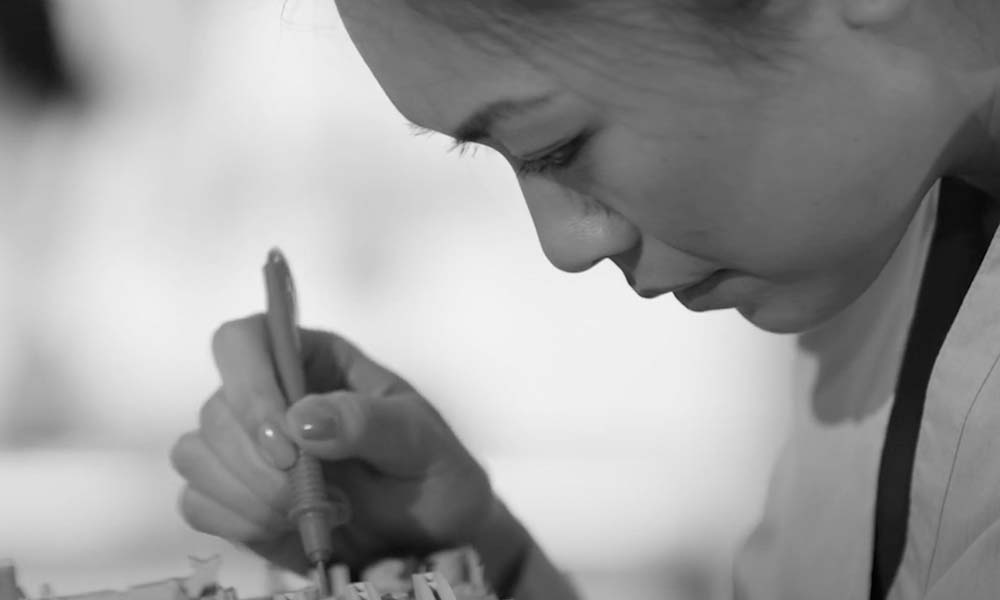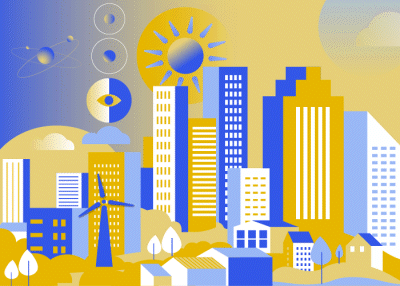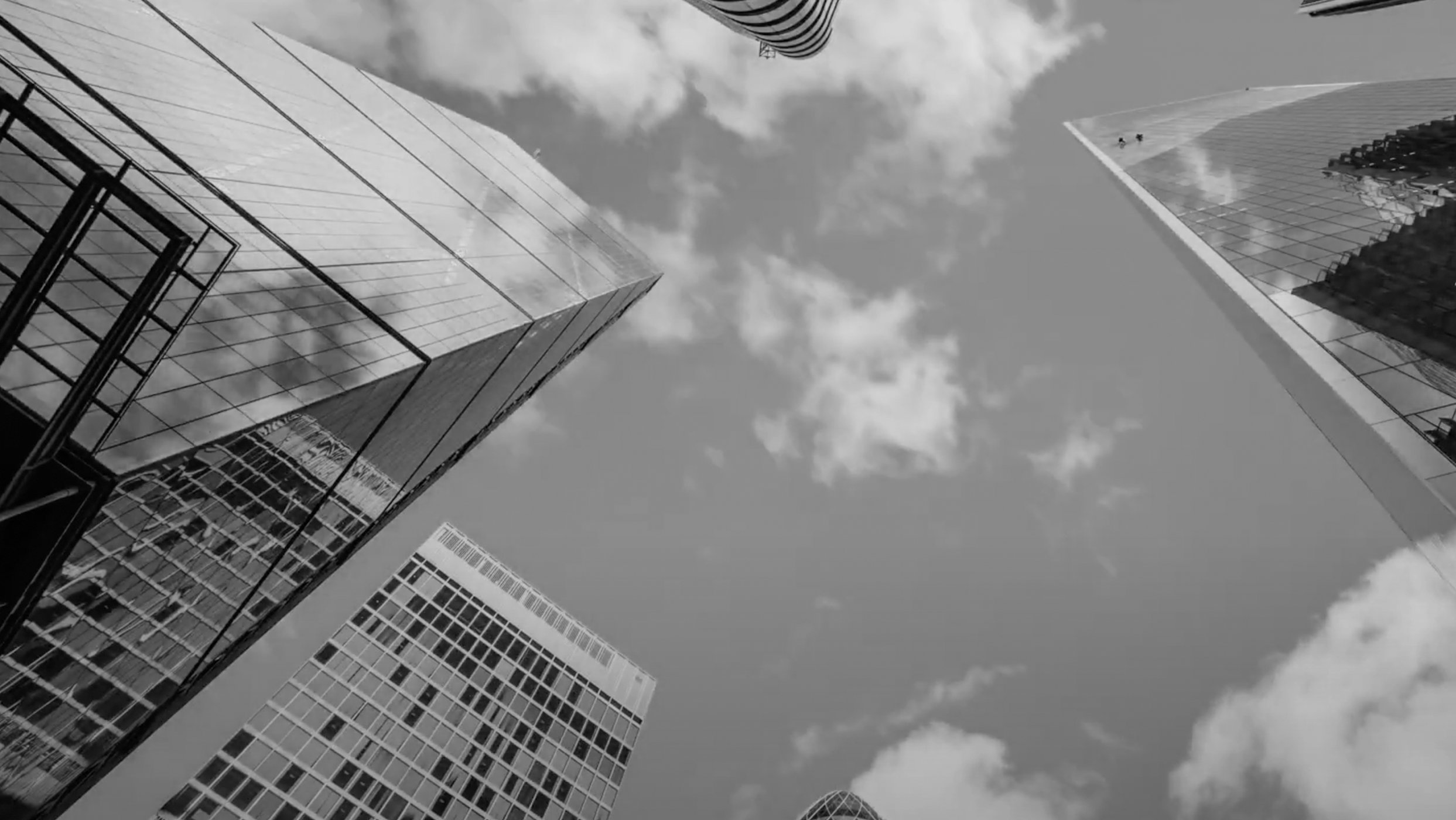“I make a point of constantly trying to forget and get things out of my mind.” — Brian Eno
Learning is an addiction. We’re told that “the day we stop learning is the day we stop living”. But what happens when the world stops? When global forces call for a reset, and the realisation hits home that what brought success yesterday is unlikely to bring success tomorrow? We must now appreciate that what we learned before may not just be irrelevant; it may be destructive.
Given the gravity of change recently, it’s easy to revert back to what we know, and see learning as our saviour. Last year, the number of MBA applications rose by 57% following a five-year decline (FT, 2020). The fear of being left behind triggered our human instinct to consume more knowledge. But as every new piece of information and experience builds upon the last to form an unconscious bias, does this paralyse our decisions rather than liberate them?
Biases are mental shortcuts looking for “tried and tested” models to make faster decisions and eliminate risk. However, they limit critical thinking, creativity and cognitive agility – the World Economic Foundation’s most desired skills by 2030 (source). These learned biases are the surest and fastest way to get to the wrong answer. They are the enemy of innovation and disruptive times call for disruptive measures.
Learn to survive: unlearn to thrive
Welcome to the Age of Unlearning: a post-modern era criticising long-held beliefs regarding objective reality, value systems, human nature, and social progress, among other things.
In the 20th century, perfection and idealism were dominant codes, but in the turbulent twenties, a new reflective mindset takes centre-stage. Unlearning is the process of realising something we learned earlier is incorrect, ineffective, or obsolete. It breaks down the origins of our thoughts, attitudes, behaviours, feelings and biases. This is where we grow, not in the shadow of our past, but in the opportunity of our future.
Given the gravity of change recently, it’s easy to revert back to what we know, and see learning as our saviour… But as every new piece of information and experience builds upon the last to form an unconscious bias, does this paralyse our decisions rather than liberate them?
Learning organisations overly reliant on building upon past knowledge are no longer fit for purpose. Amidst uncertainty, it’s unlearning organisations that will pivot with relevance.
Questioning legacy thinking and outdated models is the norm. It’s a transformational journey that takes guts but is crucial to lay solid foundations for growth.
Alliances accelerate unlearning and innovation
Recognising when tough market conditions call for a reconditioned mindset, or spotting unconscious biases in ourselves, is notoriously difficult.
Unlike VCs and startups (which are born agile), larger enterprises accumulate “organisational memory” over a company’s history. What’s more, if memories aren’t established as part of a pre-planned “unlearning curve”, they can negatively impact the conditions that stimulate innovativeness (source).
Take Peloton, a legacy-free innovator rethinking community fitness that witnessed a 172% revenue boost in the past 12 months, compared to DW Sports, which operates 75 gyms and 75 stores in the UK having to call in administrators (Business Insider, The Independent). Although DW Sports was only 11 years old, it missed the subscription model memo through blinkered commercial vision and biased memories.
At a time when responsiveness is everything, how can businesses avoid the gravitational pull from ingrained thinking? It can’t be done alone. It requires outside-in inspiration, intervention and collaboration. Alliances have always been a weapon in a CEO’s arsenal, with 70% admitting that they are more open to new collaborations than at any previous point in their careers (KPMG). Consider how Tesla shaped a new paradigm in the automobile industry, shifting the traditional value creation model with Intellectual Property (IP) to open production. The maverick maker gave away patents for free, relying heavily on a partner ecosystem to accelerate advanced technologies and make established players obsolete in the process.
Breaking legacy thinking at breakneck speed
Through extensive experience in developing strategic partnerships, most recently with PETRAS National Centre of Excellence for IoT Systems Cybersecurity, I have identified three key ways innovation alliances and ecosystems can help businesses accelerate unlearning for transformative outcomes.
i. Unlearn deep memories through deep exploration
Amazon’s famous “Day 1” philosophy is a company-wide reminder to fear complacency. For many large companies with organisational memories, always being in Day 1 mode is easier said than done. However, in all sectors, businesses are subject to today’s tailwinds becoming tomorrow’s headwinds. Overcoming deep-seated memories requires a shock to the system that forces new behaviour. Alliances create capacity for deep exploration and blue skies research – the essence of breakthrough thinking. New and non-conflicting R&D workstreams can facilitate more ambitious endeavours, placing “moonshot” bets to drive new shareholder, stakeholder and societal value.
ii. Unlearn corporate efficiency through cultural exchange
Organisations are made to be operationally efficient, but over time this leads to natural selection, heritable traits and replication. Although processes are needed, it soon becomes an invisible progress killer. In addition to acquiring adjacent capabilities or speed-to-market, alliances offer an enormous, often sidelined, cultural exchange opportunity. Every alliance is a unique opportunity to see inside another corporate machine and gain invaluable insight: how it works, how people are organised, how problems are solved and how big ideas are formed. Cultural intelligence can enlighten leaders to see their faults and default responses compared to others, leaving a lasting impression beyond the alliance itself.
In all sectors, businesses are subject to today’s tailwinds becoming tomorrow’s headwinds. Overcoming deep-seated memories requires a shock to the system that forces new behaviour. Alliances create capacity for deep exploration and blue skies research – the essence of breakthrough thinking.”
iii. Unlearn fierce independence through fluid interdependence
Fierce independence in an interconnected world creates chaos. Business leaders can no longer continue to ignore obvious connections between their actions, nature, humanity and society. Alliance ecosystems uniting industry, academic and government organisations build a collective intelligence and resilience. Greater awareness of unknown interdependencies creates fluidity between silos where once there were gaps. The intersection is where new ideas are formed and broadens internal perspectives to spot opportunities between the gaps.
…
Historically, facing uncomfortable truths isn’t a business strength. The unlearning curve is steep, but standing still and assuming tomorrow will look like today is a fallacy. The fastest to unlearn will win. Innovation alliances and ecosystems help business leaders to see themselves through others. At the dawn of the great reset, now is the time to let things go. If not now, when?






























